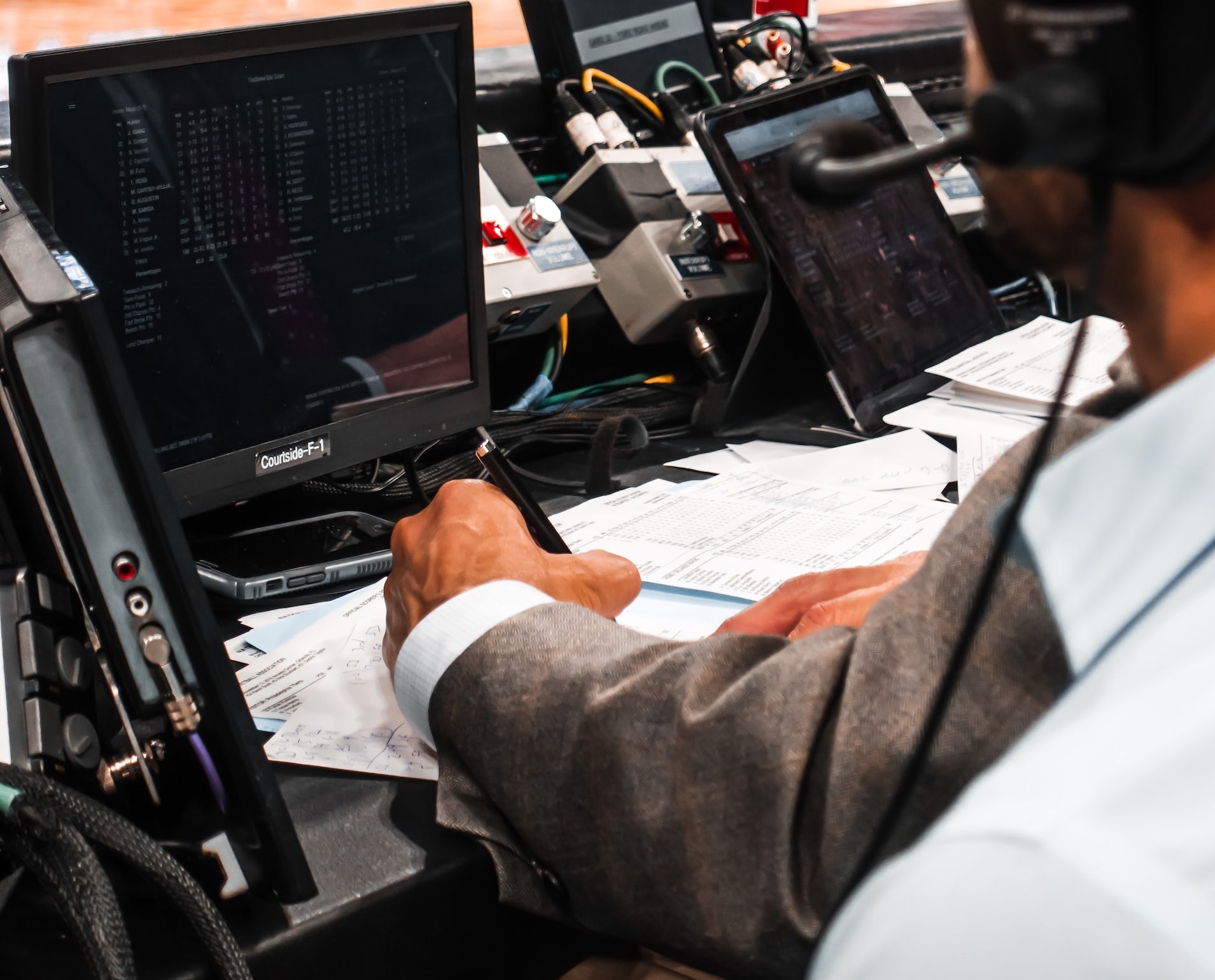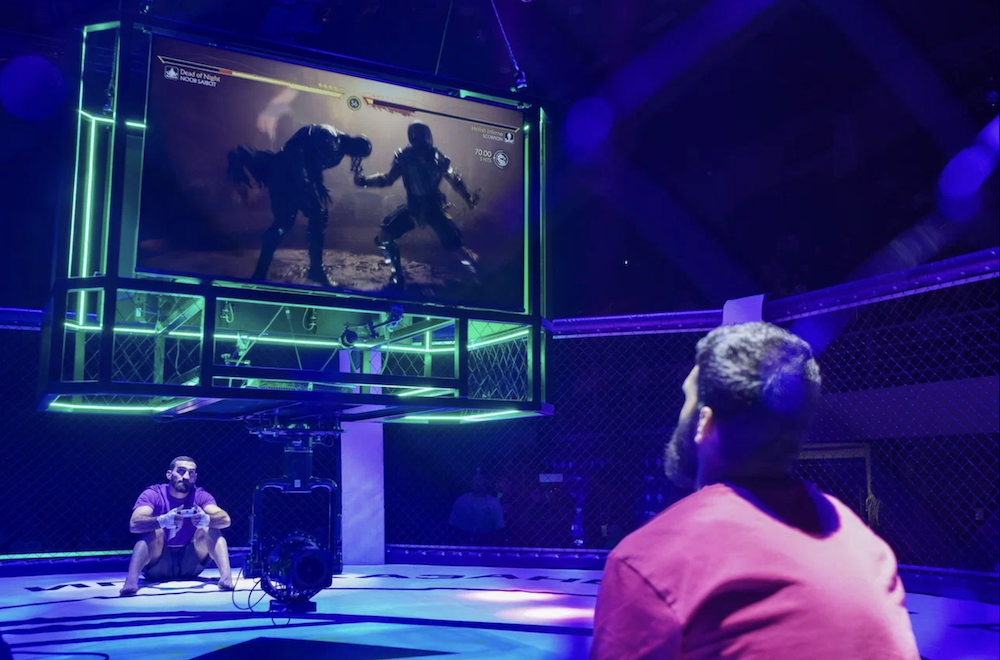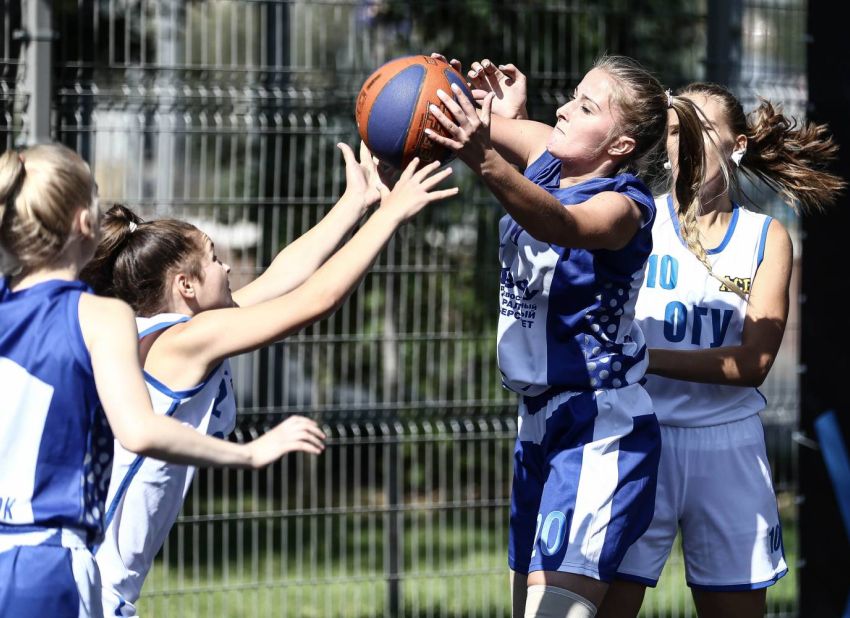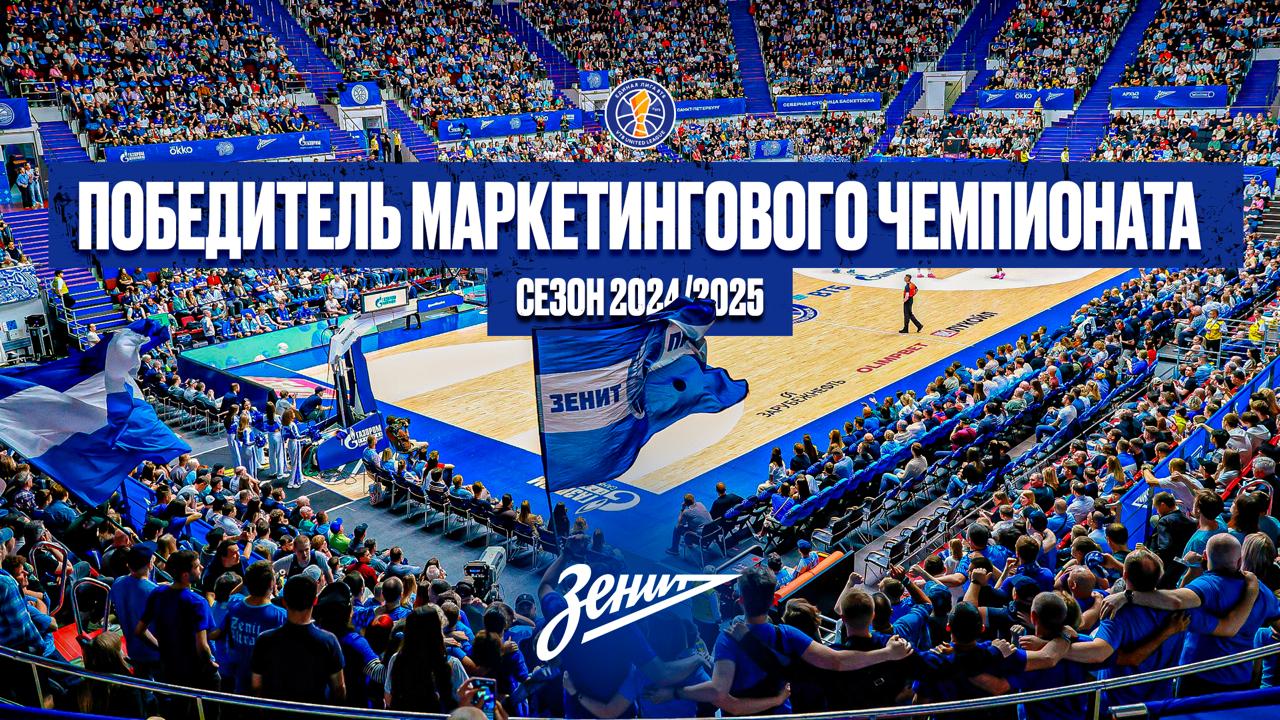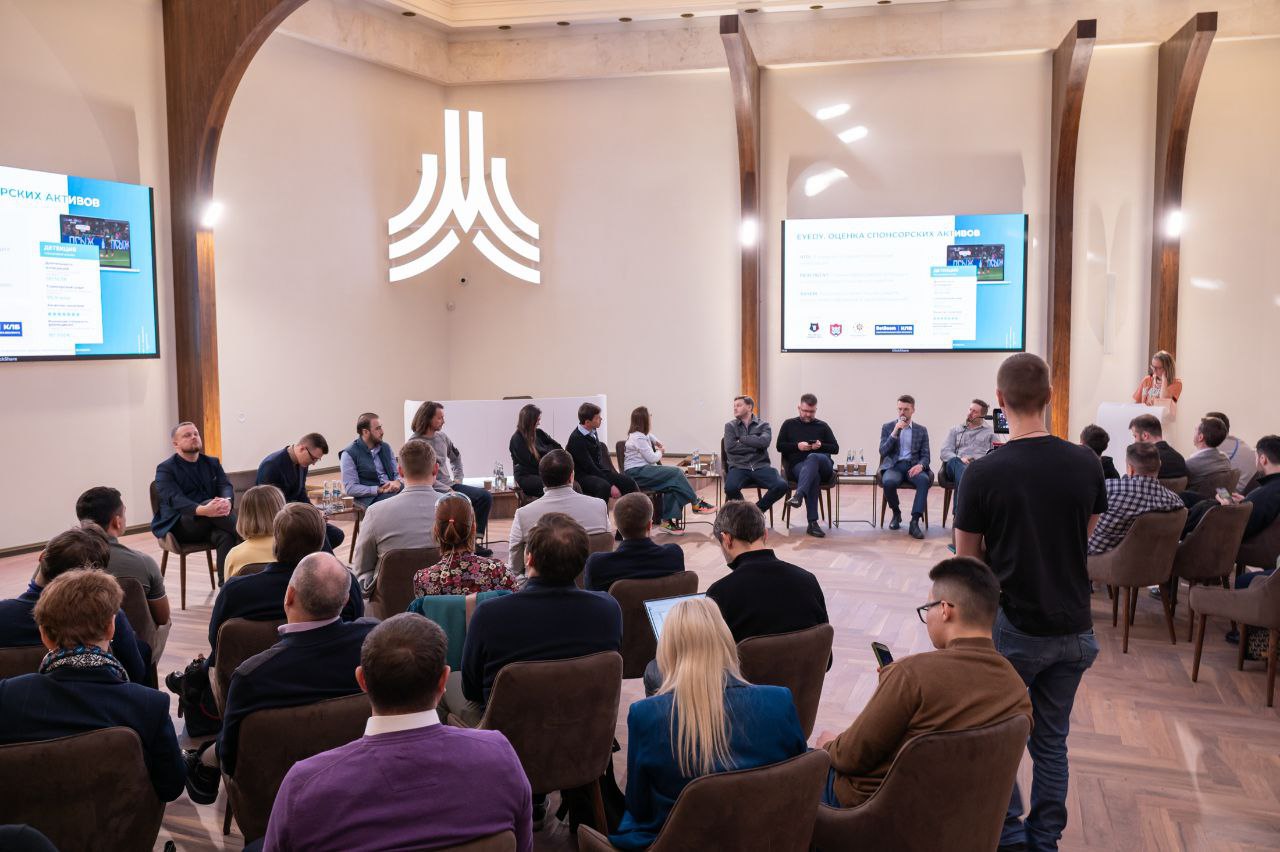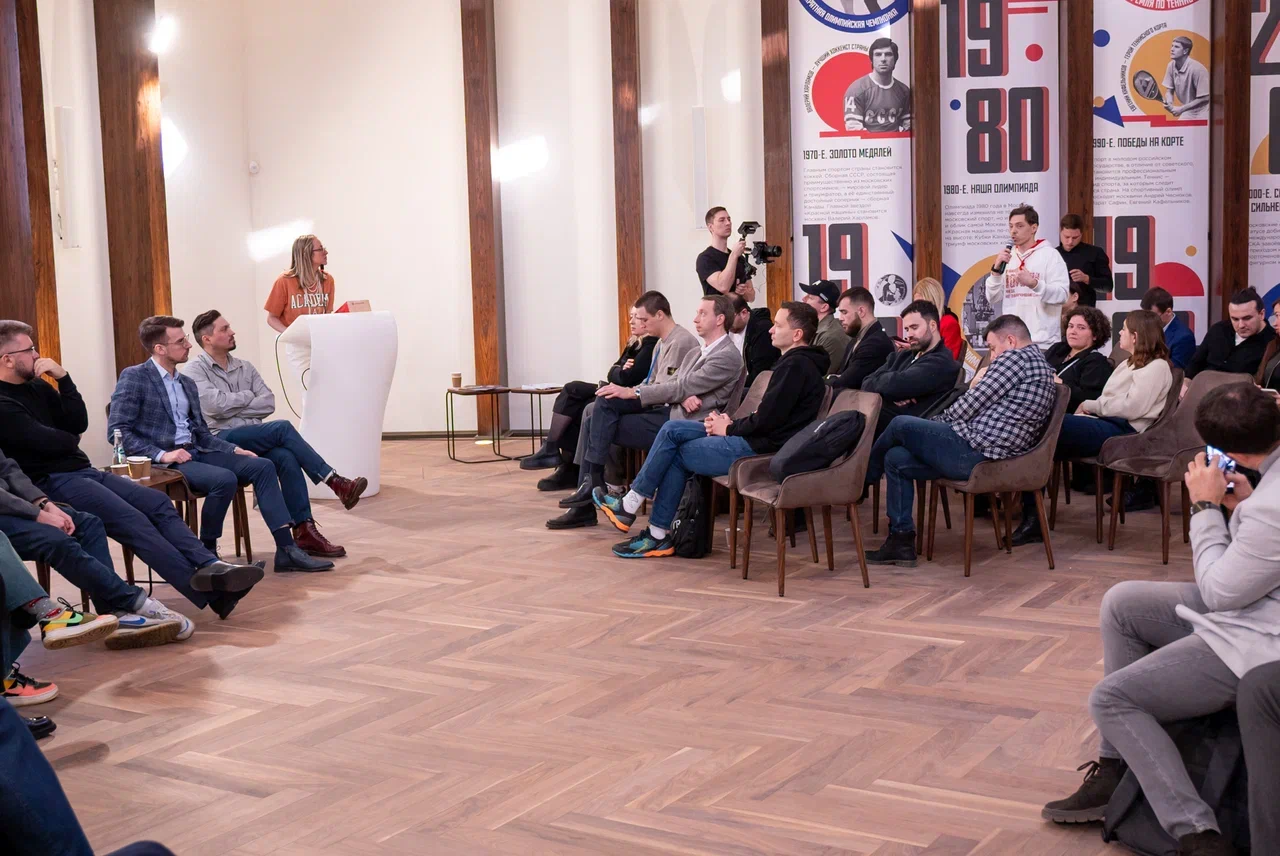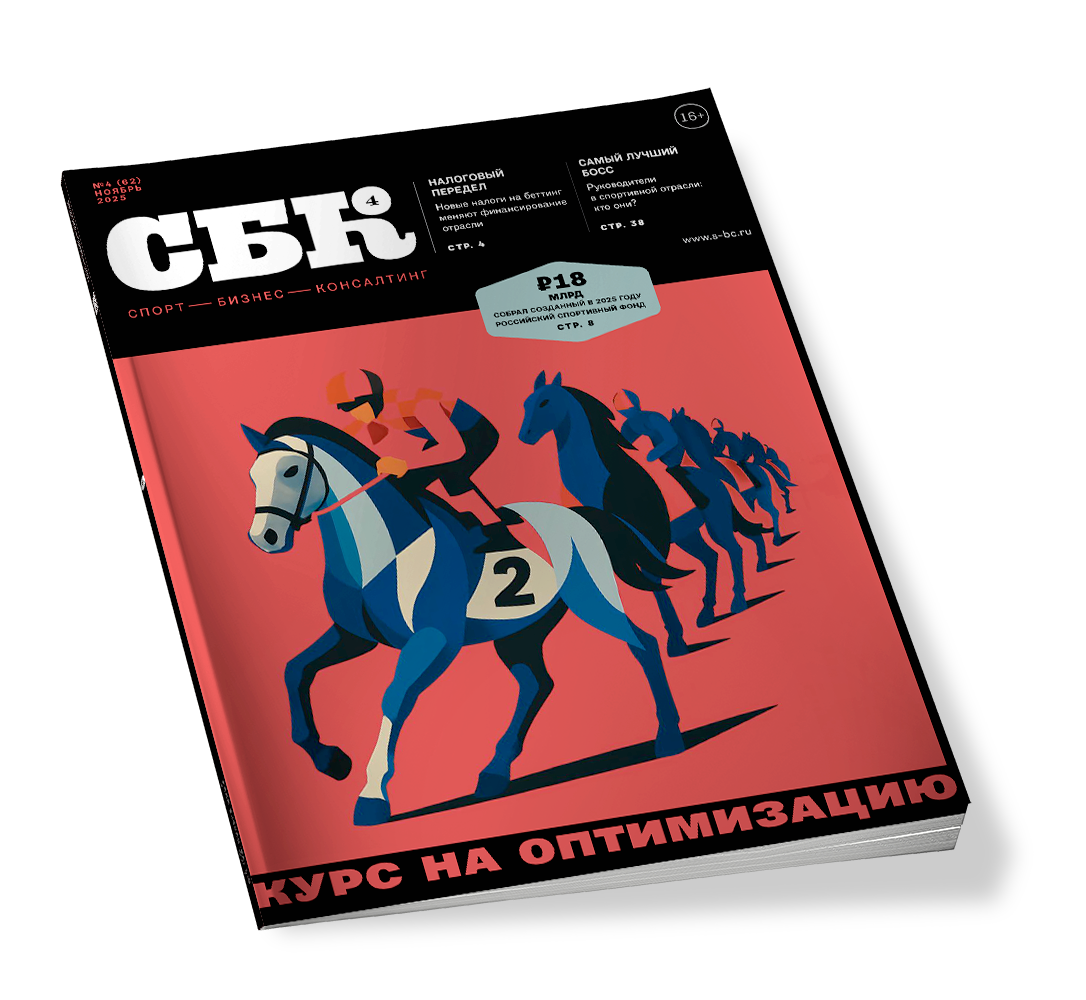Training of personnel in the sporting business in Russia began less than 15 years ago. It is too early to talk of the success of the industry – the number of graduates is too low, and the economy of Russian sport is still organized along the old lines. But the education system is changing before our eyes.
State sport institutes were the first to introduce courses. And the Ministry of Sport is now reporting thousands of graduates of sport institutes, academies and universities who have studied the sport business.
The private education sector is skeptical about these figures, and believes that the basis of this training should be economic rather than sporting knowledge. People at state institutes disagree, reasonably arguing that there are many subtleties in sport, and managing sport is not management «in general», but a very specific field, requiring extensive knowledge and ideas. People in private education and the economy do not dispute this, but try to reorganize their programs, inspiring students' interest in sport, and reaching agreements on cooperation with federations, clubs and leagues. It often happens that the same people deliver lectures at several different Moscow universities.
Already, a wide diversity of programs is available to students – both in the first higher education degree, and in post-graduate study. There are many short-term courses for additional training, seminars, and long-distance study is being actively introduced. As earning a degree in the sport business is usually only available on a paid basis, certain competition can already be seen between universities. However, so far this only applies to Moscow. Other regions are waking up slowly, and the main competition for Russian institutes primarily comes from abroad.
«There is competition, of course,» admits the general director of the Russian International Olympic University, Professor Lev Belousov. «There are around 500 education programs of sport management in the world at universities and business schools in the USA, Europe and Asia. The specific nature of the RIOU is that we teach sport management on the basis of Olympic experience. We transform it into educational programs, there is nothing like it in the world.»
The Russian Academy of Management (RMA) founded in 2000 tries to involve a maximum number of practitioners in the study process, and cooperates in intern programs at leading world sporting organizations. For example, the NHL, the English premiere league and the Spanish Primera Division. They also do not ignore Russian sport organizations, with which they have partner relations – the CSKA, Spartak, Dinamo and Lokomotiv football clubs, the basketball and hockey CSKA, the Sochi-2014 Organizing Committee and so on.
The Moscow Financial-Industrial University (MFIU) does not provide paid internships for its students. It is much more beneficial, according to the management, to start with acquiring basic experience by working at major competitions as a volunteer. «Volunteering is our strong point, and we have developed it well,» says Vladimir Lednev, the head of the «Sport management» program at MFIU Synergy. «We don't force the students, but we encourage them to do this, because as volunteers they will learn about the profession, gain practical skills, and see the entire business from the inside. You can be seen, noticed and invited to work.»
It is unfortunate that professional graduates have difficulty finding work, but there is also movement in the opposite direction: it is becoming fashionable and prestigious for organizations to provide additional training for their own employees. Many institutes are prepared to capture this segment of the market, offering short-term programs of additional training.
«At present, the main task of our university is to train personnel for the Sochi-2014 Organizing Committee, the Olympic Construction Board, and for the administration of the city of Sochi, in other words for the coming Olympic Games,» the general director of the RIOU Lev Belousov confirms. «Work has been going on for over one and a half years. Over this period, around 800 people have undergone training at various education programs of the university.»
Moscow State University is also focused on short-term courses at present. «Our program is designed for 72 hours in the additional training format, and when the students complete the course, we give them an MSU certificate of additional training,» says Vadim Marshev, the head of the «sport management» section at Moscow State University.
Usually, education in the sport management sphere can only be obtained for money. However, a number of universities allot places for free study. There is enormous competition for these places. «At our last enrollment, there were 312 applications for 22 places,» says Mikhail Ioffe, the head of the department of sport management department at the Sport Industry Higher School. «For everyone else, the study course for the bachelor's degree costs 200,000 rubles per year.»
One of the main problems is the almost total absence of study aids. Some institutes simply translate foreign textbooks, others publish their own literature, but again, this is based on western experience. The simple transfer of experience from abroad to Russian soil would make sense if our economy was a little closer to western economies in its structure.
The move from the status of a qualified graduate to an employee of the industry may frequently prove to be critical. According to approximate calculations, only a quarter of former students are able to find work in their field of study. An even smaller number are able to make use of their expensive knowledge. Experts link this to the excessive involvement of the state in Russian sport, which means that owners of clubs and stadiums have no incentive to strive for economic independence.
